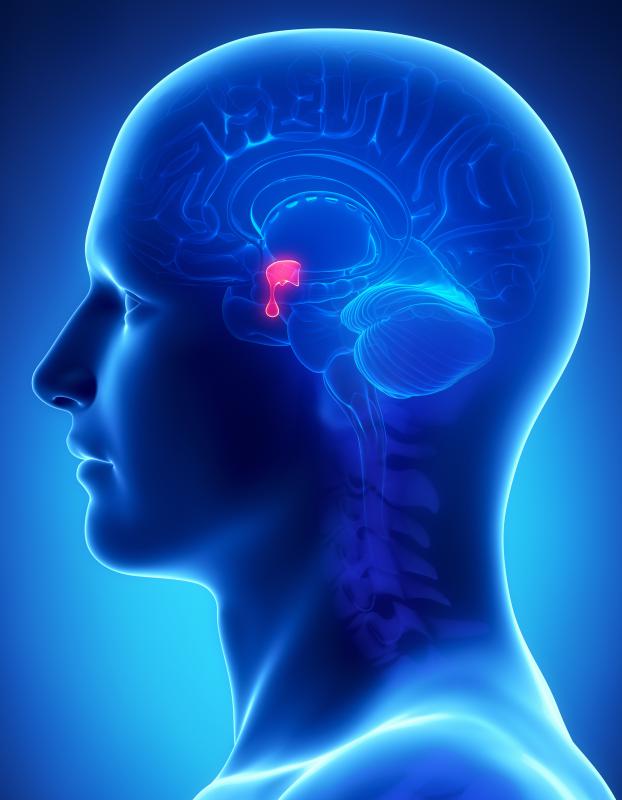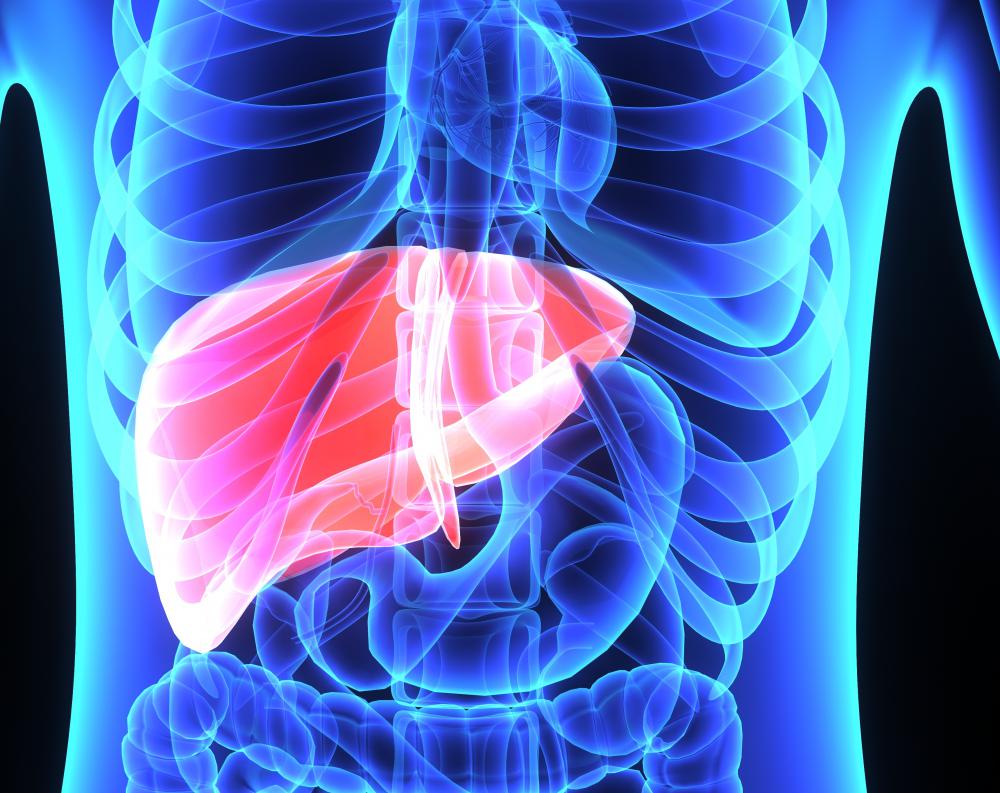At TheHealthBoard, we're committed to delivering accurate, trustworthy information. Our expert-authored content is rigorously fact-checked and sourced from credible authorities. Discover how we uphold the highest standards in providing you with reliable knowledge.
What is Corticosterone?
Corticosterone, also called Kendall’s compound B, is a steroid hormone secreted by one of the outer layers of the adrenal cortex in humans. The hormone is used by the human body in response to stressors such as allergens and other environmental factors. Unlike the other steroid hormones produced by the body, corticosterone is not used for anti-inflammatory purposes. It is an antagonist for insulin use and is vital in the synthesis of carbohydrates and in protein degradation. A corticosterone molecule is composed of 21 carbon, 30 hydrogen, and four oxygen atoms.
Corticosteroids are involved in many processes in the body. They are an integral part of the immune response, similar in structure to cortisol. The hormone is made from cholesterol and is released by the adrenal glands located on the top of the kidneys. The zona fascicilata is the middle layer of the adrenal cortex that produces the steroid hormone corticosterone. It produces a small amount of the hormone continuously, although additional amounts can be released in response to the detection of other hormones produced by the pituitary gland and the hypothalamus.

The zona fascicilata of the adrenal cortex produces corticosterone in response to the secretion of adrenocorticotropic hormone (ACTH) released by the anterior pituitary gland. It is converted to aldosterone in the mitochondria of glomerulosa cells in the adrenal cortex. Aldosterone is a hormone that aids in the reabsorbtion of sodium ions through the kidneys. Additionally, the steroid hormone releases the potassium ions and electrolytes used by the kidneys into the body, which increases blood volume and blood pressure.

Corticosterone helps the body’s metabolic system turn amino acids into carbohydrates for use as fuel for many bodily functions. The steroid hormone works with the liver to produce glycogen, which can be used by any other organ in the body for energy. Glycogen that is processed by corticosterone in the liver is the only glycogen that can be used by any part of the body. The brain, the digestive system, and the immune system all use processed glycogen.

The hormone corticosterone plays a minor role in the glucocorticoid process responsible for regulating parts of the immune system and some metabolic functions, such as the processing of fats, proteins, and carbohydrates. Glucocorticoids can increase or decrease the immune system’s inflammatory response to allergens or autoimmune diseases. Synthetic glucocorticoid steroids are used in medicine to suppress the immune system and in the treatment of some cancers.
AS FEATURED ON:
AS FEATURED ON:

















Discussion Comments
I read about a study in a science magazine and the study found that garlic reduces the amount of corticosterone that's released in the body!
They did this study on rats and fed them garlic and checked their corticosterone levels before and after. The levels were much lower afterward.
I always thought that garlic was healthy, but according to this study, it might not be. I don't want to jump to conclusions, but do you think that if someone eats a lot of garlic everyday, it would affect how carbohydrates are synthesized in their body or weaken their immune system?
@anamur-- Yes, corticosterone, and another hormone called cortisol are used to suppress the immune system to avoid organ rejection. They're preferred because they work well, even if patients have to be given high doses of them. As far as I know, if corticosterone is given solely, doctors have to give more of it to be effective because our body doesn't produce much of this hormone in the first place.
I know that doctors administer immune suppressing medicines to patients who receive organ transplants because the immune system can cause the body to reject the new organ.
Are synthetic corticosterones used for organ transplants and do they work?
Post your comments